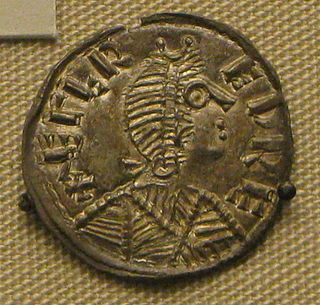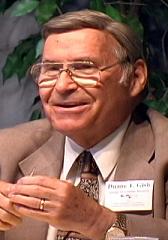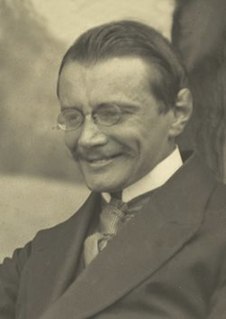A Quote by Frederick Lenz
By asseting the creation myth, in which God is a man over ealier creation myths in which God was viewed as a woman, men hoped to prove that the position of supremacy that they had assumed was Divine Law.
Related Quotes
Geometry, which before the origin of things was coeternal with the divine mind and is God himself (for what could there be in God which would not be God himself?), supplied God with patterns for the creation of the world, and passed over to Man along with the image of God; and was not in fact taken in through the eyes.
Now, which am I to believe, a book that any impostor might make and call the Word of God, or the creation itself which none but an Almighty Power could make? For the Bible says one thing; and the creation says the contrary. The Bible represents God with all the passions of a mortal, and the creation proclaims him with all the attributes of a God.
We do not know how God created, what processes He used, for God used processes which are not now operating anywhere in the natural universe. This is why we refer to divine creation as special creation. We cannot discover by scientific investigations anything about the creative processes used by God.
For Calvin, the creation reflects its Creator at every point. Image after images flashed in front of our eyes, as Calvin attempts to convey the multiplicity of ways in which the creation witnesses to its Creator: it is like a visible garment, which the invisible God dons in order to make himself known; it is like a book in which the name on the Creator is written as its author; it is like a theater, in which the glory of God is publicly displayed; it is like a mirror, in which the works and wisdom of God are reflected.
Myths are about the human struggle to deal with the great passages of time and life--birth, death, marriage, the transitions from childhood to adulthood to old age. They meet a need in the psychological or spiritual nature of humans that has absolutely nothing to do with science. To try to turn a myth into a science, or a science into a myth, is an insult to myths, an insult to religion, and an insult to science. In attempting to do this, creationists have missed the significance, meaning, and sublime nature of myths. They took a beautiful story of creation and re-creation and ruined it.
For God to prove himself on demand, physically, would be a grave disappointment, and the strongest Christians should be considerably grateful that he chooses not to do so. The skeptic endlessly demands proof, yet God refuses to insult the true intelligence of man, the '6th sense', the chief quality, the acumen which distinguishes man from the rest of creation, faith.
Why waste words? Geometry existed before the Creation, is co-eternal with the mind of God, is God himself (what exists in God that is not God himself?): geometry provided God with a model for the Creation and was implanted into man, together with God's own likeness - and not merely conveyed to his mind through the eyes.
I am not religious, but I am a pious man... A religious man has a definite religion. He says "God is there" or "God is there," "God is there." "Your god is not my god, and that's all." But the pious man, he just looks out with awe, and says, "where is God?" And "well, I don't understand it and I would like to know what this creation really means." That is a pious man, who is really touched by the greatness of nature and of the creation.
Hasidism has a tradition that one of man's purposes is to assist God in the work of redemption by "hallowing" the things of creation. By a tremendous heave of his spirit, the devout man frees the divine sparks trapped in the mute things of time; he uplifts the forms and moments of creation, bearing them aloft into that rare air and hallowing fire in which all clays must shatter and burst. Keeping the subsoil world under trees in mind, in intelligence, is the least I can do.
The honor that we pay to the Son of God, as well as that which we render to God the Father, consists of an upright course of life. This is plainly taught us by the passage, "You that boast of the Law, through breaking the Law dishonor God."...For if he who transgresses the law dishonors God by his transgression,...it is evident that he who keeps the law honors God. So the worshipper of God is he whose life is regulated by the principles and teachings of the Divine Word


































